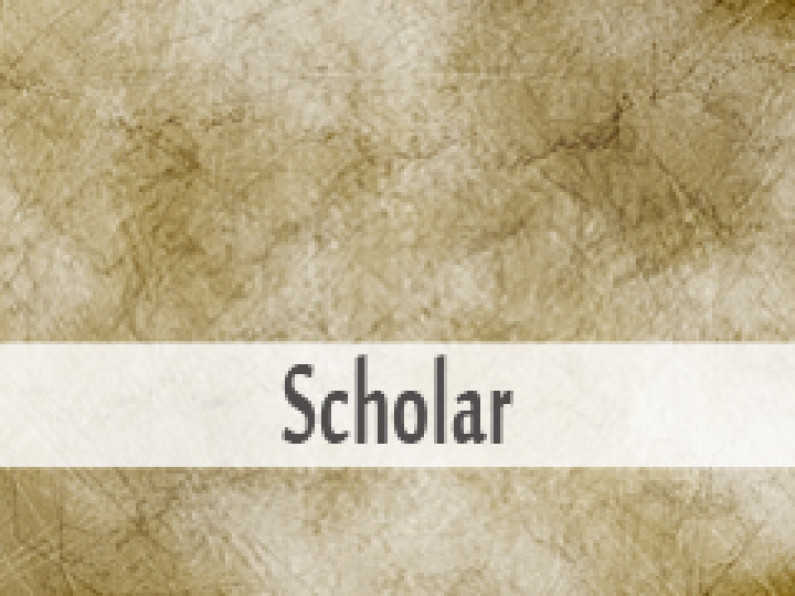
Gülen’s expertise goes beyond the limitations of modern Islamic studies. He is a scholar with broad knowledge in social sciences that makes him a contemporary Islamic scholar.
Although a number of conferences have been organized in recent years emphasizing the social, civic, and educational activities of the Gulen Movement (aka Hizmet Movement or just Hizmet), as well as Gulen’s contribution to interreligious dialogue, very little attention has been paid to his formal and informal education, his scholarship, his scholarly works, and his interpretation of basic Islamic sources and disciplines in the modern period. In fact, his expertise goes beyond the limitations of modern academic compartmentalization of Islamic studies. Gulen is an Islamic scholar that our world needs today. In addition, his analytical capabilities and his broad knowledge in social sciences make him an intellectual scholar.
Gulen himself said “ I try and read as much as time permits. Regardless of whether the subject is religion or not, I try and read not less than 200 pages a day.”
Below is a short summary of Ergun Capan’s article “Gulen’s teaching methodology in his private circle” in the book “Mastering Knowledge in Modern Times: Fethullah Gulen as an Islamic Scholar”, which was edited by Ismail Albayrak.
In the large collection of books and articles he authored and in the talks, conferences, and interviews he has delivered, Fethullah Gülen presents himself as a scholar who holds in his possession a myriad of knowledge, wisdom, and culture. At the top of the list are his works on basic Islamic disciplines, both classic and modern, such as tafsir (Qur’anic exegesis), sirah (the Prophet’s life and relations with non-Muslims), fiqh (jurisprudence), tasawwuf (Islamic mysticism), and kalam (systematic Islamic theology), which have been nourished and developed from the Qur’an and Hadith (Prophetic traditions), two basic sources of knowledge in Islam. Gülen’s discourse also reveals his vast knowledge of humanities ranging from literature, history, sociology and East-West classics to philosophy and the history of science and thought.
Gulen’s teaching method
Among the many things Gulen does not give up is teaching. He has always with him students whom he teaches.
Gülen received his earlier education in madrasah educational system during his years in Erzurum, a province in Eastern Turkey. (The madrasahs in Turkey those days have nothing to do with today’s madrasahs in some countries that produce extremists).
In the lesson and teaching method of classical madrasahs classical books are usually studied. The teacher explains the lesson, the students listen, and then there is mutual exchange within the framework of questions and answers. Again, in this method in every class an abstract of the previous lesson is presented and then the new lesson begins. Also in this system, an assistant to the teacher or senior students facilitate student discussions of the lesson. In today’s schools of theology, professors do not prefer to follow a classical work but present their own notes and compilations followed by questions and answers.
Fethullah Gülen, who received lessons from mentors trained in the madrasah educational system, has followed the practice of teaching according to the student’s level during his teaching life of half a century. He lectures more during the initial periods of a student’s instruction. According to the qualifications of a student in terms of a good command of the language and knowledge in related disciplines, he may be ready to present the lesson to Gulen. Before his presentation, the student studies the text with a senior student or students. As students present the text, Gülen intervenes from time to time commenting over the passage while respectfully crediting other scholars’ approaches. Although Gülen humbly says, “I discuss books with my friends,” undoubtedly there is a teacher-student relationship. It is also possible to understand Gülen’s reference to “discussion” as a student’s attention on the class, his further research and comparative analysis with different works, active participation, and asking questions that can lead to yet further inquiry and explanation. In addition, Gülen never leaves a question unanswered.
Gülen gives importance to reading analytically. Always reserving his deepest respects for former scholars, he approaches a text by testing it against the logic of revelation, the essentials of religion, the criteria of narration, and common sense, through which the knowledge generated in our time is filtered and new interpretations are reached.
Together with all of these, Gülen continually emphasizes that students should immerse themselves in what they read, deeply analyze it, and make it a source of life. Their studies should become a profound part of their nature, and they should voice their experiences speaking from the heart.
In short, according to Gulen, the essential purpose of teaching and learning is to carry our faith to the horizon of marifat (divine knowledge), to deepen our knowledge with love, and to soar above by gaining His pleasure with our voluntary and devoted spirit in the path of His blessed word, never pausing even for a moment.
